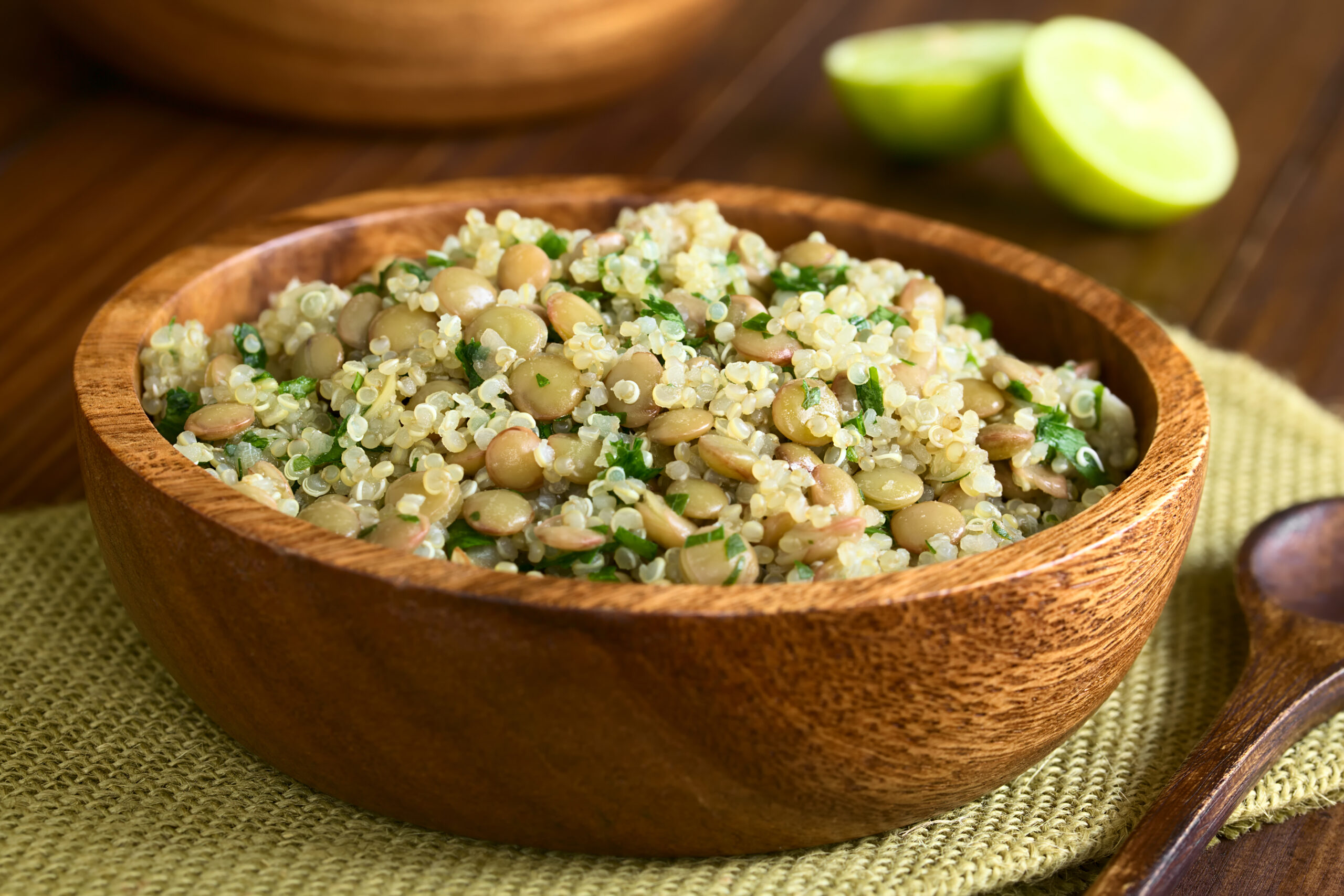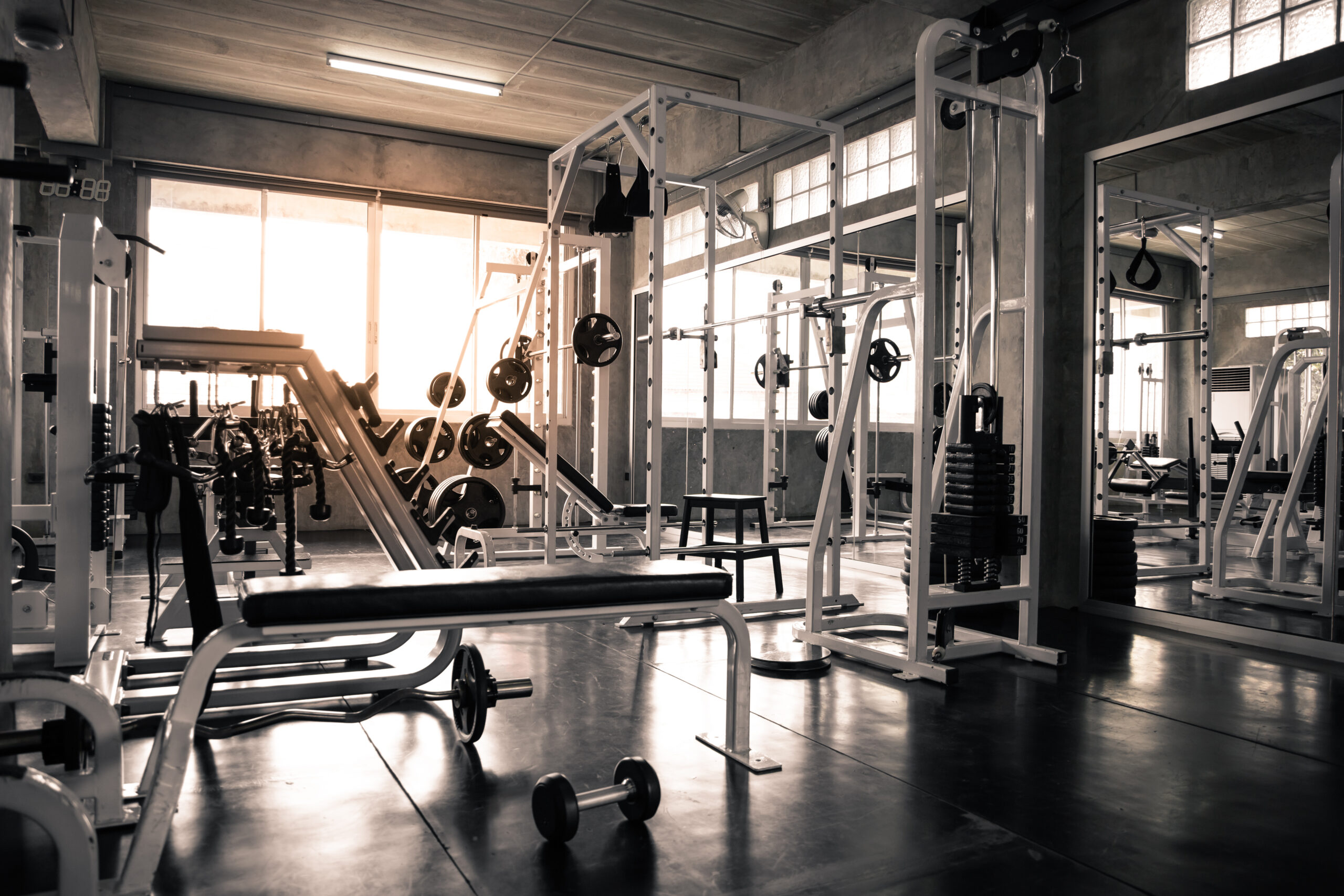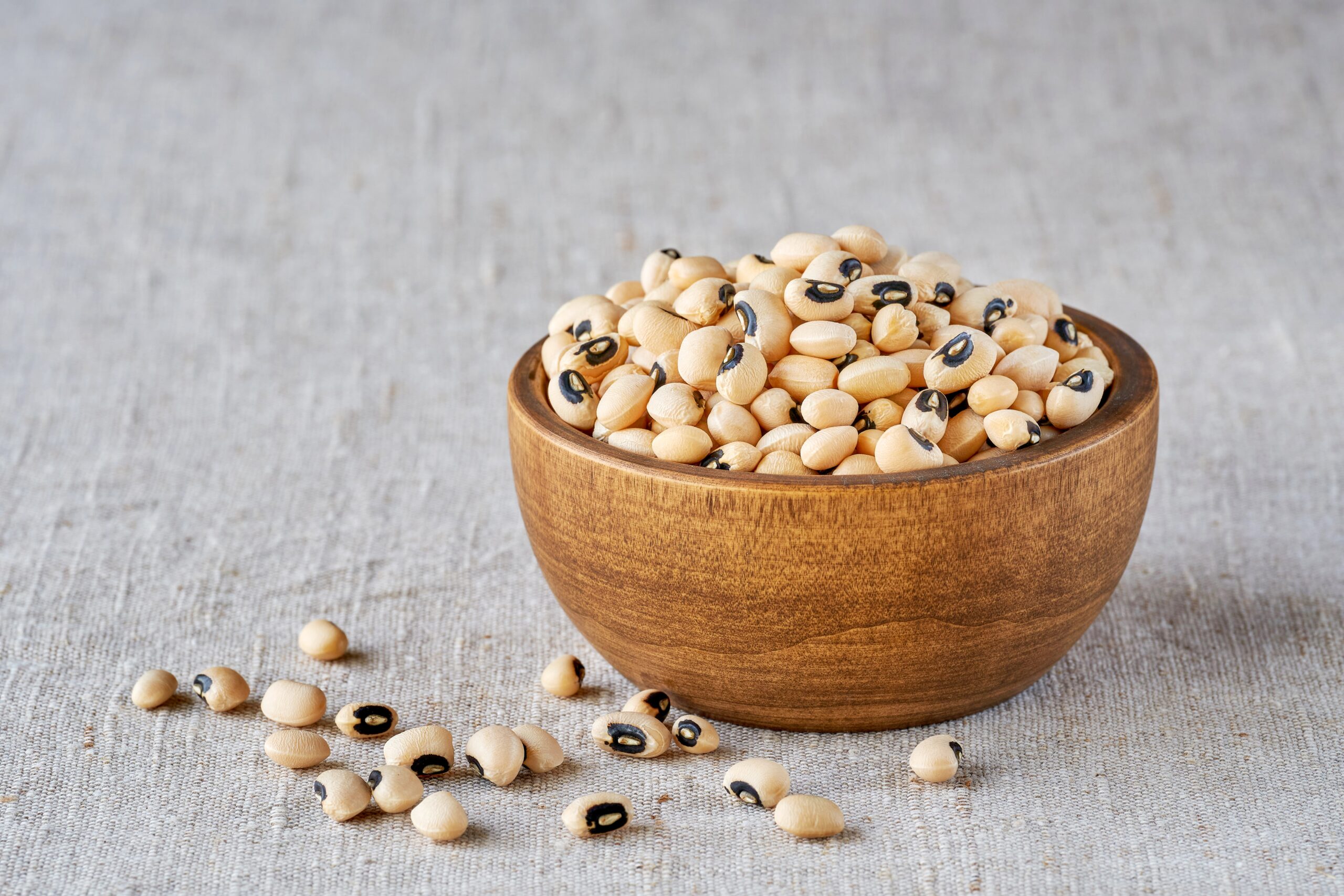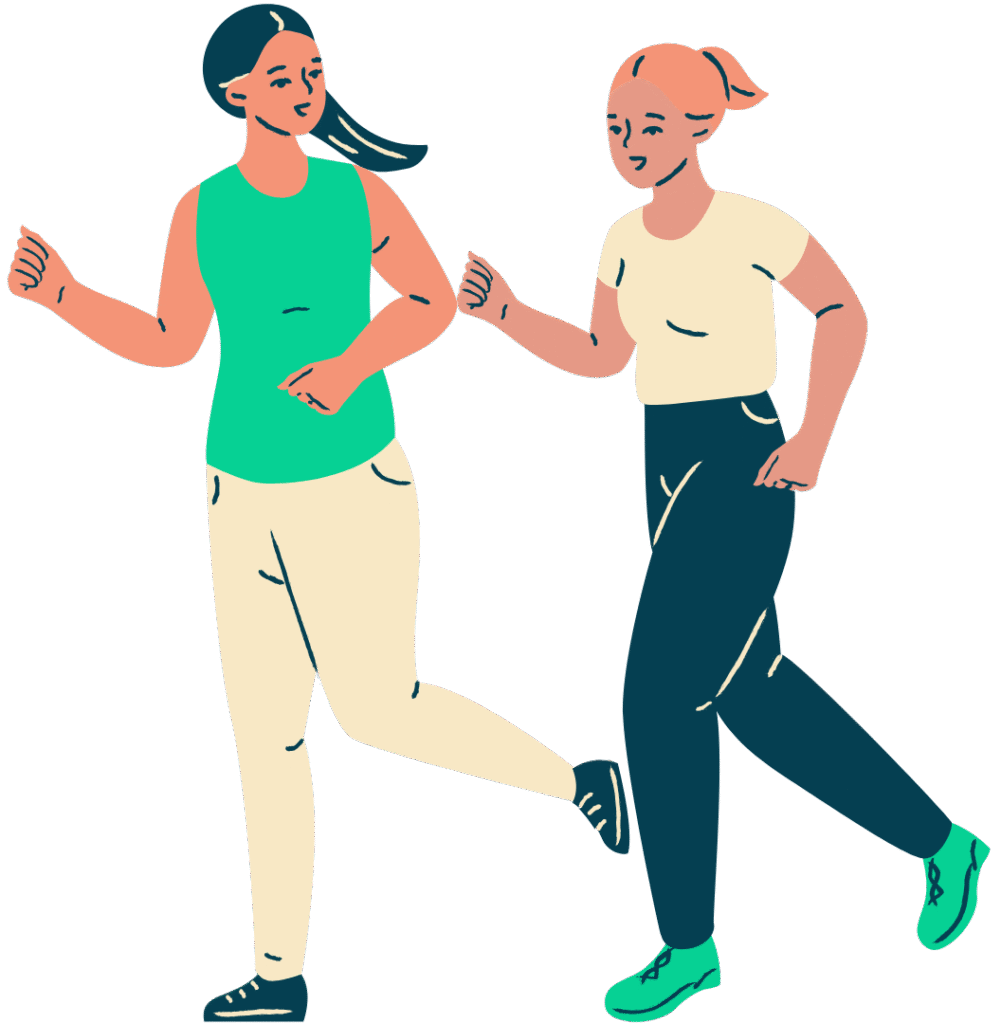What if the secret to losing weight and building muscle isn’t cutting carbs, but choosing the right ones—carbs that quietly pack a protein punch?
Story Snapshot
- Protein-rich carbohydrates challenge old diet dogmas about “good” and “bad” carbs
- Dietitians now recommend specific foods that offer both energy and muscle-building benefits
- Plant-based “protein-packed carbs” like lentils and quinoa are reshaping supermarket shelves
- Expert consensus is driving a shift toward balanced, evidence-based eating for health and performance
Traditional Nutrition is Turned on Its Head
For decades, anyone hoping to lose weight or sculpt muscle was told to keep carbs at arm’s length and double down on protein. Yet, respected dietitians are rewriting the rules. The new advice: some carbs can do double duty, fueling workouts and delivering a surprising protein hit. The days of shunning bread and beans may be over—informed eaters are seeking out lentils, quinoa, chickpeas, edamame, and whole-grain breads because they offer both macronutrients in a single, satisfying package.
https://youtu.be/1NI8-KnOnrk
This trend isn’t just hype. Clinical trials from the last decade reveal that combining protein with carbohydrates supports weight loss, preserves muscle, and enhances post-workout recovery. Protein brings satiety and muscle-building amino acids; carbs fuel heavy lifts and prevent the body from breaking down muscle for energy. Together, these nutrients create a foundation for lasting results and fewer cravings, all while keeping energy high.
The Rise of Protein-Packed Carbs: A Food Revolution
Plant-based diets and functional foods are driving demand for ingredients that buck the old “carbs make you fat” narrative. Foods like lentils and quinoa are starring in everything from salads to pastas, a shift fueled by nutrition experts and the food industry alike. Grocery store aisles now overflow with high-protein breads, chickpea snacks, and edamame trays, catering to consumers who want more than empty calories from their carbs. The result is a food landscape where labels tout protein content as eagerly as they list fiber or vitamins.
Dietitians and fitness experts are on the frontlines, teaching clients that not all carbs are created equal. Foods rich in both protein and carbohydrates check two critical boxes: they provide the energy needed for active lives and the building blocks for muscle. This dual-action approach not only streamlines meal planning but also keeps blood sugar stable and hunger at bay, making it easier to stick to a healthy routine long-term.
Expert Endorsement and the Science Behind the Shift
Professional organizations and academic researchers confirm that protein-packed carbs are more than a fad. Studies consistently show that high-protein diets, especially when paired with adequate carbohydrates, accelerate fat loss while preserving lean mass. Registered dietitians emphasize that foods like chickpeas and whole-grain breads can anchor balanced meals, offering essential amino acids, fiber, and micronutrients often missing from animal-based or low-carb regimens.
Some experts caution against overloading on protein, particularly for those with kidney concerns, but for healthy adults, these foods are generally safe and highly beneficial. The real debate centers on the optimal ratio of protein to carbohydrates, a detail that varies depending on activity level, age, and personal goals. Still, the consensus is clear: integrating protein-rich carbs into the diet supports both weight loss and muscle growth.
Market Impact and the Future of Healthy Eating
This new way of thinking is rippling through multiple sectors. Food manufacturers are racing to develop products that combine whole grains, legumes, and seeds for consumers seeking functional nutrition. Supermarkets are stocking more high-protein pastas, snack bars, and ready-to-eat meals that list both protein and carbohydrate content up front. Dietitians are updating meal plans and public health agencies are revising guidelines to reflect the science-backed benefits of these foods.
The implications extend beyond individual waistlines. Greater reliance on plant-based, protein-rich carbohydrate sources may reduce rates of obesity and chronic disease over time, while also supporting environmental sustainability. As consumers become savvier about reading labels and understanding macronutrient synergy, the days of vilifying carbs may finally be ending—replaced by a smarter, more holistic approach to nutrition and long-term health.
Sources:
Clinical Evidence and Mechanisms of High-Protein Diet-Induced Weight Loss
How Protein And Carbs Help With Muscle Growth | InBody USA
The Effect of Carbohydrate Intake on Strength and Resistance Training Performance








